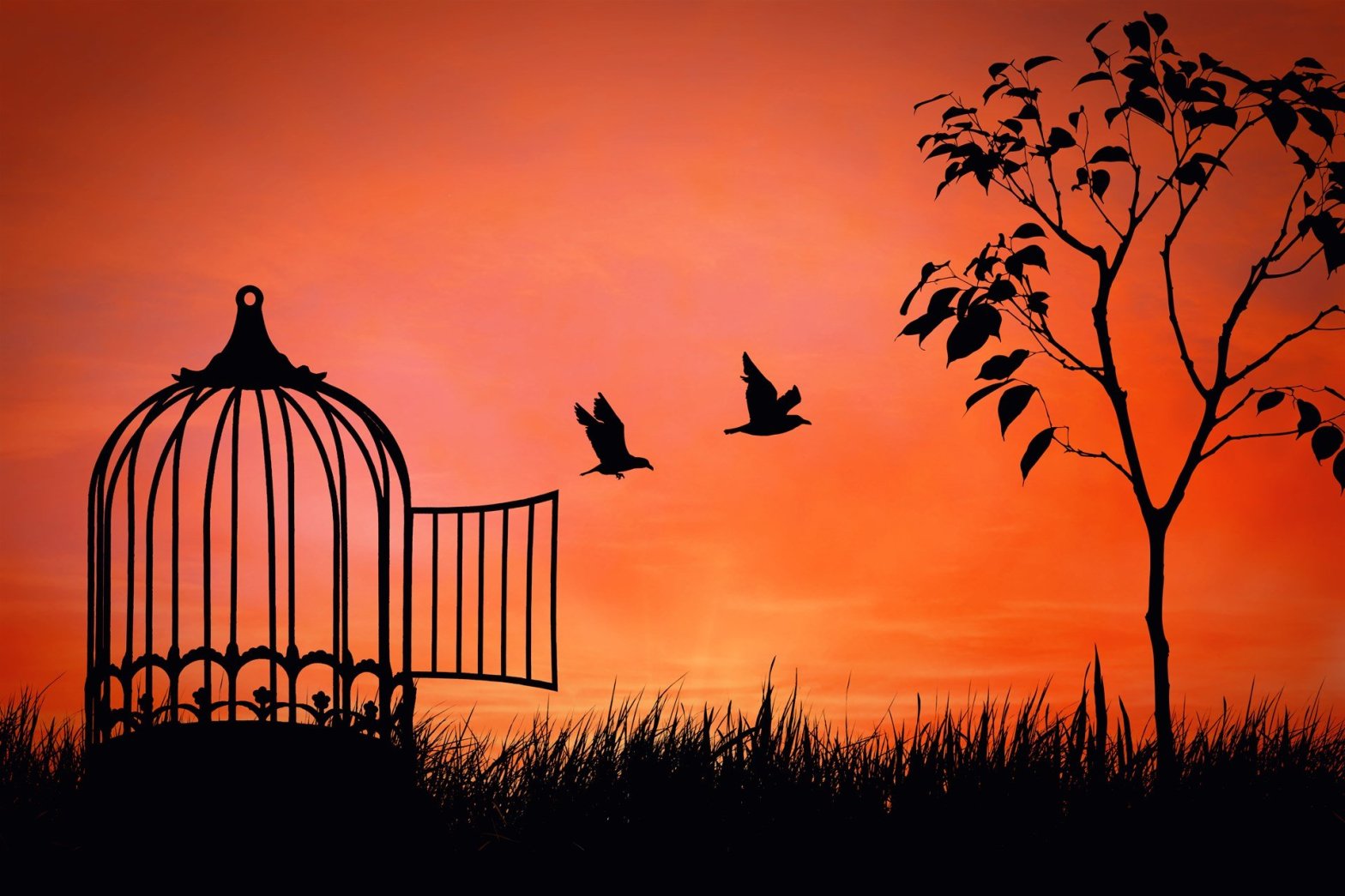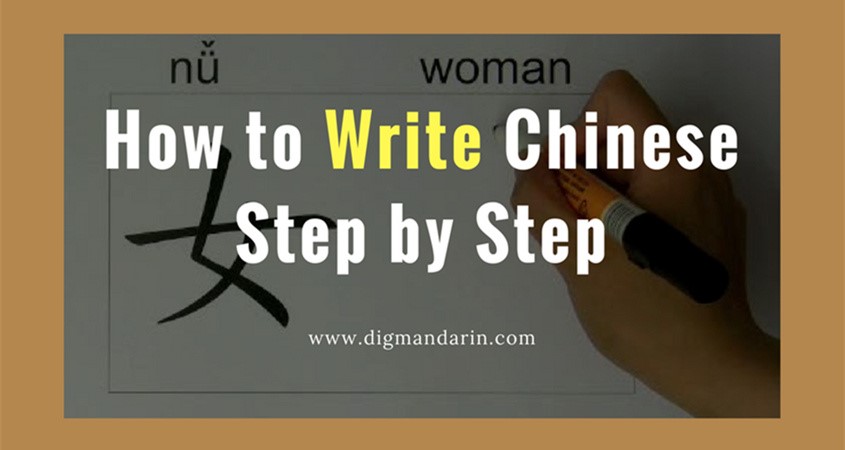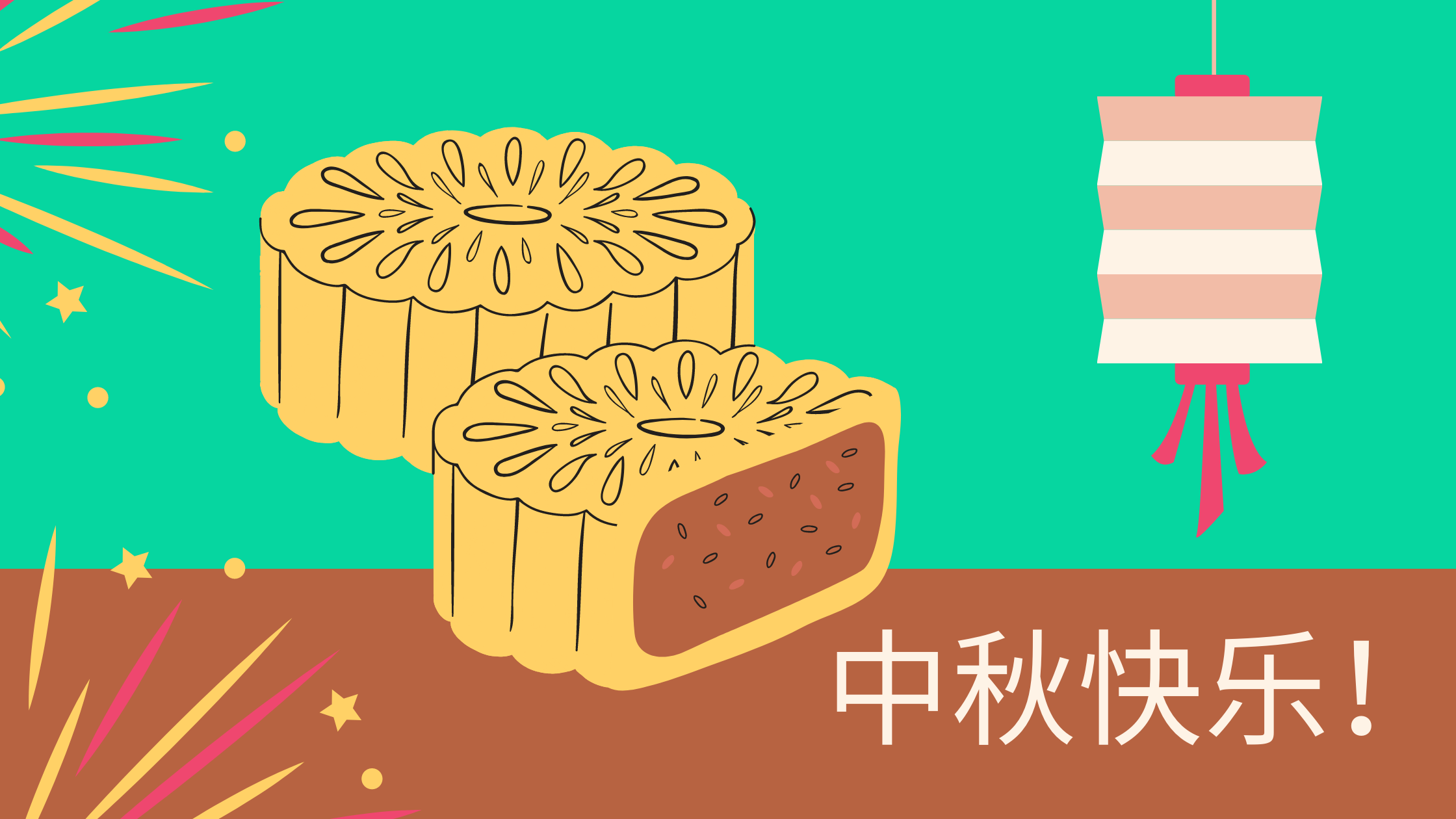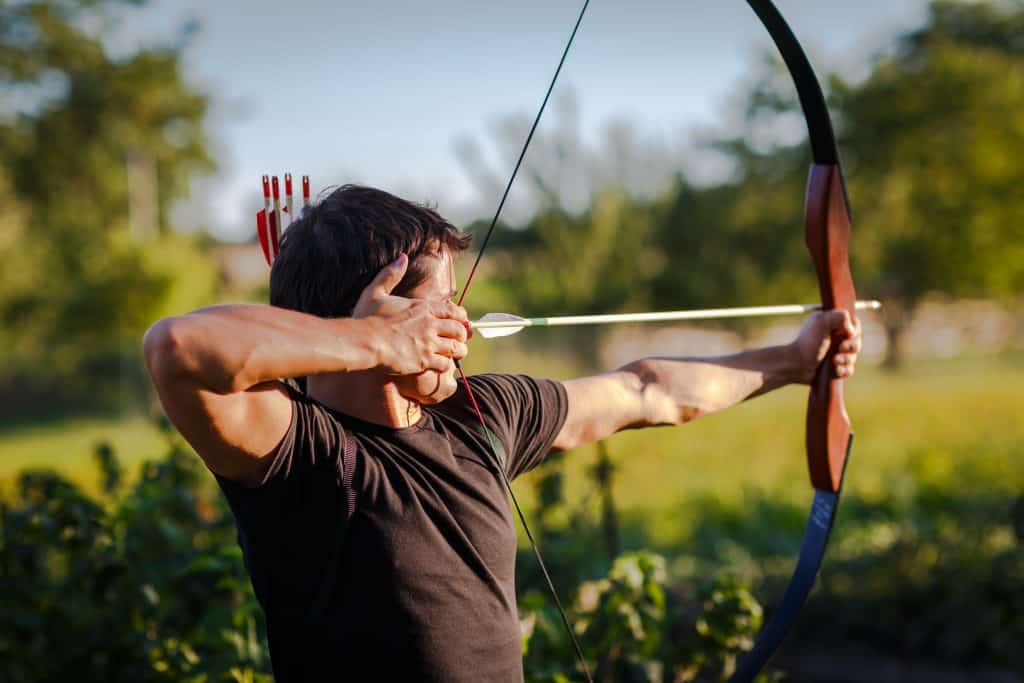You could take a lot of lessons away from this story. Maybe it’s trying to tell us that money is immaterial without friends and loved ones around us. Or maybe that God is fallible. Or that the grass is always greener. You read it, you decide.
Some language stuff
说道 shuō dào – Usually, when we first start reading dialogues, we learn that “说” means “said”, as in “He said,” (他说). There are actually a few different ways to say “said” in Chinese, three off the top of my head. 说 is the “beginner” way. At the intermediate level, this can become 说道 shuō dào, or simply 道. In ancient Chinese, they often use 曰 yuē, which looks like 日 rì, but if you look closely you’ll see it’s a little wider, and the line crossing it in the middle doesn’t quite touch the right side of the character. In this piece, we’ve got 说道 and a 问道 – don’t let that “道” confuse you, it just means “to say”.
翡翠 fěi cuì – My translation software has this as “jadeite”, but this can be both jade or emerald, and since I usually see “jade” translated as 玉 yù, I’m going with “emerald” here.
大得我飞都飞不到边 dà de wǒ fēi dōu fēi bu dào biān – We’ve also got one slightly rough sentence construction here. This clause is being used by the thrush to describe a house, let’s break it down:
大 – Big
得 – To the extent that / to the point that
我 – I
飞 – fly
都 – but even
飞 – fly
不到 – can’t arrive at / can’t reach
边 – the edge.
In other words, the house is so big that even if the bird starts flying at one side of the house, he can fly and fly but still won’t reach the other side.
Finally, the last clause is a bit long, so here’s a trick for figuring it out: find the 跟 gēn, which in this case means 比 bǐ, a comparative word. Everything before 跟 is being compared to what’s after it.
Want something easier?
Du Chinese has a big catalog of easy HSK 1 and HSK 2 texts for ultra-beginners. There are quite a few free practice lessons, but CRP readers get 10% off on paid accounts using the discount code CRP10.
天堂里的自由
一只可爱的画眉被主人关在笼子里,上帝于是对画眉说:“跟我到天堂去生活吧。”
“我现在生活的很好啊,为什么要去天堂呢?”画眉说道。
上帝反问道:“那你有自由吗?”
画眉沉默了。
画眉跟着上帝来到了天堂,上帝把它安排在翡翠宫里住下,自己便去忙别的事情。
过了很长一段时间,上帝突然想起了画眉,便去翡翠宫看它。他问画眉:“我亲爱的孩子,你现在过得还好吗?”
画眉哀叹一声,说:“房子很漂亮,大得我飞都飞不到边,可是我一个人孤零零地生活在这大房子里跟住在笼子里有什么区别呢?”




